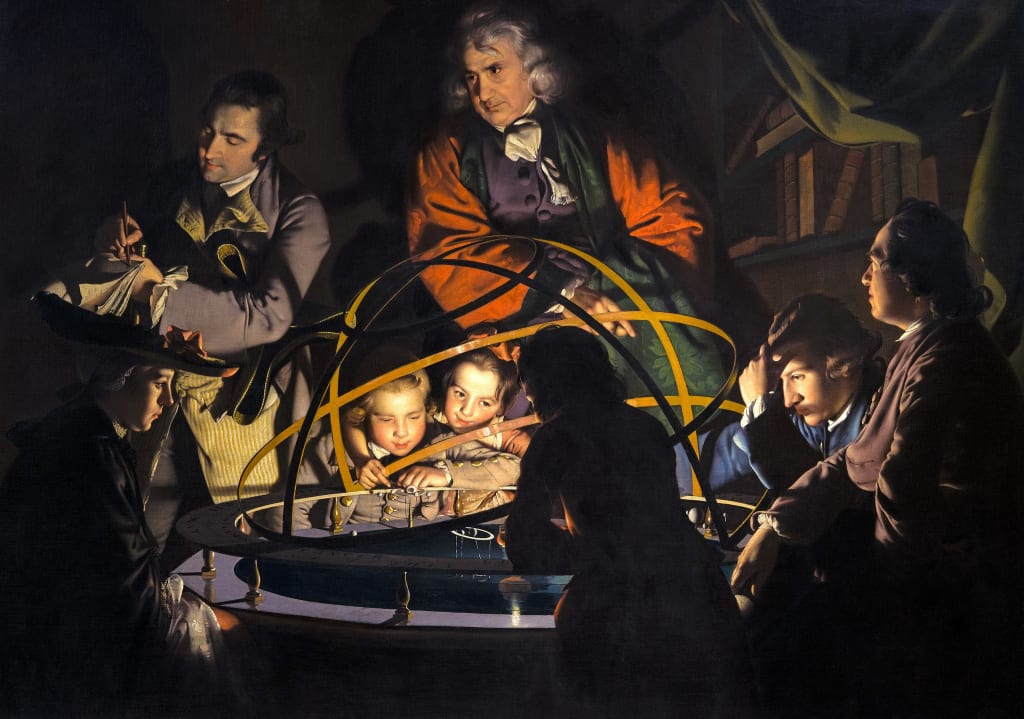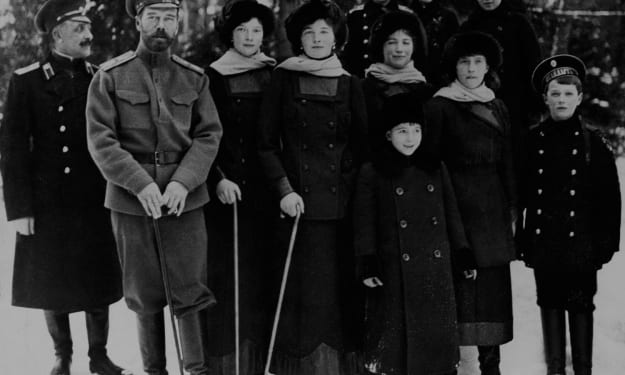"Whispers of the Enlightenment: Ideas That Ignited a Revolution"
The Enduring Legacy of Enlightenment Ideas

In the annals of history, the Enlightenment stands as a luminous epoch that cast its transformative glow across the intellectual landscape of the 17th and 18th centuries. Emerging in Europe, this intellectual movement bore the torch of reason, challenging the dogmas of the past and illuminating the path toward progress, liberty, and human flourishing. The whispers of the Enlightenment, carried by the pens of philosophers, scientists, and thinkers, reverberated across continents, laying the groundwork for revolutions that would shape the modern world.
At its core, the Enlightenment championed the supremacy of reason and critical thinking. It was an era that celebrated the potential of human intellect to comprehend the natural world, unravel the mysteries of existence, and craft a more enlightened society. Thinkers of the Enlightenment, often referred to as philosophes, championed rational inquiry, empirical observation, and the scientific method as the guiding lights in the quest for knowledge.
The Enlightenment's intellectual landscape was marked by a galaxy of luminaries, each contributing to the collective symphony of ideas. The French philosopher René Descartes, with his famous dictum "Cogito, ergo sum" (I think, therefore I am), laid the groundwork for a philosophy centered on individual consciousness and reason. John Locke, an English philosopher, articulated the concept of natural rights and the social contract, asserting that governments derive their legitimacy from the consent of the governed.
The scientific revolution, a precursor to the Enlightenment, set the stage for a new understanding of the natural world. Figures like Galileo Galilei, Isaac Newton, and Johannes Kepler revolutionized the realms of astronomy and physics, challenging prevailing notions and promoting a scientific worldview. The Enlightenment thinkers, building on these scientific advancements, sought to apply reason to all facets of human existence.
Voltaire, a towering figure of the French Enlightenment, wielded his pen as a weapon against religious intolerance, superstition, and despotism. His sharp wit and satirical writings targeted the injustices of his time, advocating for the principles of tolerance and freedom of thought. Voltaire famously exclaimed, "Écrasez l'infâme!" ("Crush the infamous thing!"), a rallying cry against the abuses of institutionalized religion.
The Enlightenment's embrace of reason extended to the political realm. Montesquieu, in his influential work "The Spirit of the Laws," explored the principles of the separation of powers, arguing that this division was essential to preventing tyranny. Jean-Jacques Rousseau, in his treatise "The Social Contract," expounded on the idea of popular sovereignty and the collective will of the people as the foundation of legitimate government.
The Enlightenment's intellectual currents were not confined to the salons and coffeehouses of Europe. Across the Atlantic, the ideas of the Enlightenment permeated the intellectual ferment of the American colonies. Thomas Jefferson, influenced by Enlightenment ideals, penned the Declaration of Independence, asserting the inalienable rights of life, liberty, and the pursuit of happiness.
The Enlightenment's intellectual legacy also played a pivotal role in shaping the French Revolution. The cries of "Liberté, égalité, fraternité" echoed the Enlightenment's emphasis on individual rights, equality, and the pursuit of a just society. However, the revolutionary fervor also brought about challenges and contradictions, leading to a complex interplay of ideals and realities.
As the Enlightenment unfolded, it faced opposition from entrenched institutions and reactionary forces. The Catholic Church, threatened by the Enlightenment's call for religious tolerance and secularism, resisted these ideas. Monarchs and absolutist regimes, wary of challenges to their authority, sought to suppress the Enlightenment's radical propositions.
While the Enlightenment did not offer a monolithic set of ideas, its multifaceted legacy laid the foundation for the modern world. The principles of reason, individual rights, and the pursuit of knowledge became enduring beacons that illuminated subsequent epochs, influencing diverse fields from politics and philosophy to science and education.
As we reflect on the whispers of the Enlightenment, we discern a nuanced tapestry of ideas that ignited a revolution—one not confined to a specific time or place but echoing through the corridors of history. It was an era that dared to question, to challenge, and to envision a world shaped by the unfettered power of human reason. The Enlightenment remains a testament to the enduring capacity of ideas to kindle the flames of progress and illuminate the path toward a more enlightened and just society.
About the Creator
Andrew
I collect whispers of dreams and spin them into tales. Let me unlock the doors of your imagination. Come, turn the pages and wander through the worlds I weave.
Enjoyed the story? Support the Creator.
Subscribe for free to receive all their stories in your feed. You could also pledge your support or give them a one-off tip, letting them know you appreciate their work.






Comments
There are no comments for this story
Be the first to respond and start the conversation.